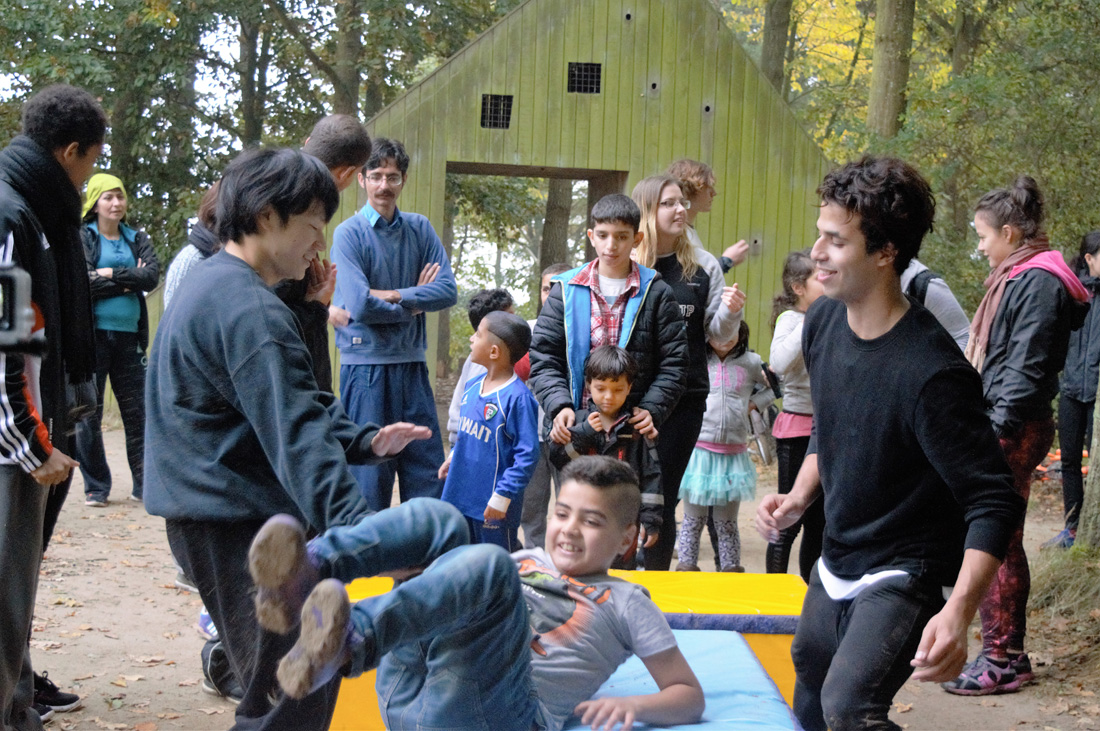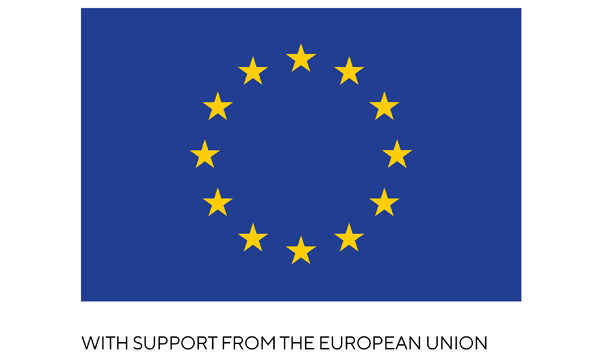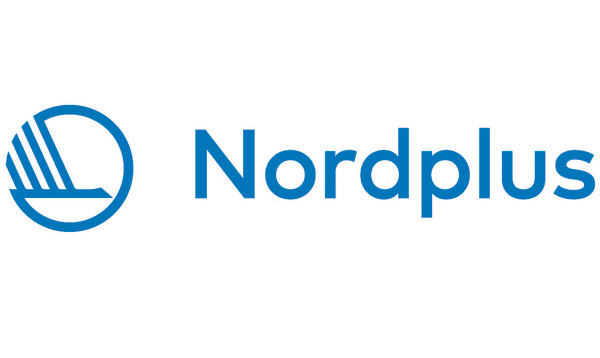Integration of Refugees Through Sport project moves from theory to practice
Posted October 28, 2016
This year, ISCA, with funding from the Nordplus and Erasmus+ programme, has started working with a sensitive topic and vulnerable target group that has been the subject of great debate in Europe this decade. The first project, Integration of Refugees Through Sport (IRTS), has brought together partners from the Nordic countries to map and explore ways of integrating refugees into European societies through sport and physical activity.
The IRTS project, funded by Nordplus Adult, began in August with a kick off meeting in Olso, Norway, hosted by partner Akershus Idrettskrets. The partner consortium also includes the Icelandic Youth Association UMFÍ (Iceland), Academy of Physical Education Ollerup (Denmark), SISU Västergötland (Sweden) and ISCA as the project lead.
Since then, the project has been moving forward, carrying out an overview of good practices in refugee integration through sport within the Nordic countries and beyond and drafting a “Principles and Guidelines Manual” sharing ideas on how to implement effective initiatives.
Indeed, the action has not only happened at a theoretical level. It has also moved into the field, with the partners seeing examples of initiatives in action. From 17-21 October, international students from the Ollerup Academy, led by Cristiane Fiorin Fuglsang, delivered physical activity games at Nyborg Asylum Centre for families and Ollerup Asylum School for unaccompanied young men. ISCA joined the group in a participant observation role, helping the students deliver the activities, observing their development and seeing first-hand what will eventually be documented on paper.
With a variety of games, sports and activities offered to all children and adults at the centre, the activities were an all-round success. They were also an encouraging glimpse into the humanitarian work that our sector can do with an impact that is immediately noticeable in the smiles, laughs and hugs exchanged between the participants.
“We arrived there [at the centres] without knowing for certain what these kids are feeling in their hearts, through which experiences they have suffered to get here, or what their dreams are for the future. But we do know how we can contribute. Giving smiles, hugs and integrating them, using physical activity to break paradigms. That is the real meaning for me.”
These were the words of Adeline, a Brazilian international student at Ollerup who led many activities and gave all her energy to help, at least for a few days, the refugees forget the situation in which they are living today.
A similar activity will take place during November in Sweden, with ISCA taking part in actions led by the SISU Västergötland’s “Sports for you” programme and holding a workshop with the volunteers involved in implementing it.
The IRTS project will keep moving forward, developing guidelines and principles that can be extended to a broader number of organisations and institutions involved in or willing to work with IRTS, and also in practice, in the field, doing what needs and can be done by the grassroots sport sector.
Article and photos by Maria Lourdes Gonzalez, ISCA





